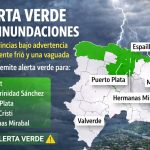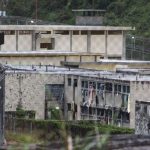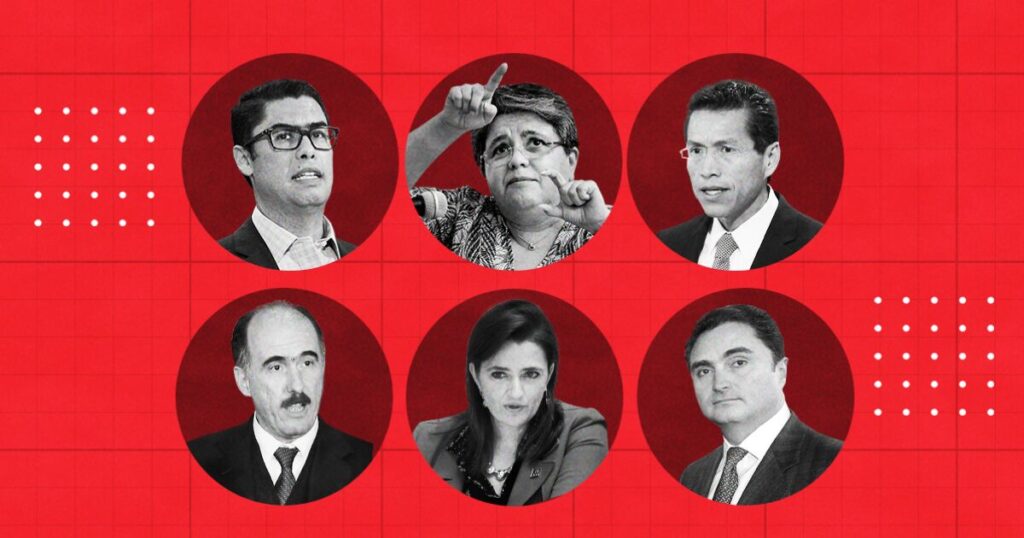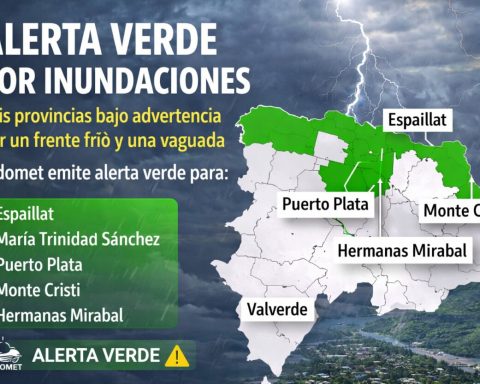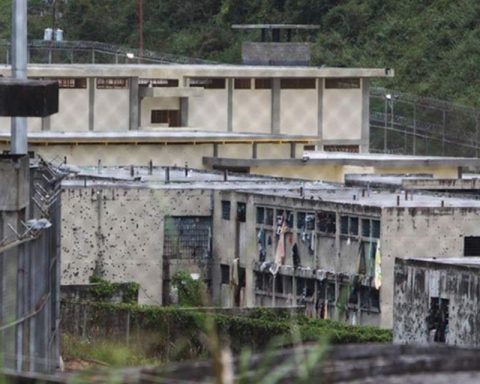A large majority of the European Parliament approved this Thursday, June 9, a resolution on Nicaragua, in which they request the European Union (EU) sanction fourteen judges and three magistrates of Appeals. At the same time, they demand to investigate —through the International Criminal Court— the Government and President Daniel Ortega, for crimes against humanity.
The resolution was approved by 524 votes in favour, 17 against and 29 abstentions; 570 of the 705 EP members participated in the vote. In the document, the MEPs also reiterated their demand to activate the democratic clause of the Association Agreement (AdA) between the EU and Central America, with which Nicaragua would be removed from the trade agreement.
The MEPs called “on the European Union to demand that the Nicaraguan regime, in particular its judges, be held accountable for the repression in the country and the judicial proceedings initiated against opposition personalities and other critics”, for which they “request the Council to immediately start the procedures to include the judges in the list of people sanctioned by the EU”.
The judges proposed for sanctions are: Nadia Camila Tardencilla; Angel Jeancarlos Fernández González; Ulisa Yaoska Tapia Silva; Rosa Velia Baca Cardoza; Veronica Fiallos Moncada; Luden Martin Quiroz Garcia; Karen Vanessa Chavarria.
They complete the list: William Irving Howard López; Erick Ramón Laguna Averruz; Melvin Leopoldo Vargas Garcia; Irma Oralia Laguna Cruz and Rolando Sanarrusia; Felix Ernesto Salmeron Moreno; and Nancy Aguirre Gudiel.
Added to these fourteen judges are magistrates Octavio Rothschuh Andino; Ángela Dávila Navarrete and Rosa Argentina Solís, all from the Managua Court of Appeals
“Judges are part of the repression”
In an interview with Carlos Fernando Chamorro in the program Tonightwhich was broadcast this Wednesday, June 8, MEP Javier Nart commented that “some judges who do not know about torture, who do not enter into anything and who they are loyal genuflexes before the dictator Daniel Ortega, they are part of the repression. These gentlemen are obscene repressors and, therefore, as guilty as the one who tortures, or as Daniel Ortega, who is the one who orders them, they obey”.
The judges on the list have sentenced 55 of 68 political prisoners captured in the latest wave of repression in the context of the general elections of 2021. Mostly, civic, social, political, student leaders and human rights defenders, who were sentenced to between seven and thirteen years in prison.
This Wednesday, in a debate on the proposed resolution, MEP Alicia Homs Ginel, from the Socialists and Democrats group, explained that “the Nicaraguan courts have dedicated themselves to handing down absolutely disproportionate sentences against political prisoners, in processes against all corrupt lights and that offered null guarantees of transparency to the accused persons”.
MEP Leopoldo López Gil, of the European People’s Party, pointed out that “judges and prosecutors, submissive to the Ortega Murillo family, have systematically violated procedural guarantees, becoming accomplices of the dictatorship and violators of human rights.”
“We ask that their names be included in the list of those sanctioned by the European Union, the victims of that regime deserve it,” said López.
For the European bloc to impose sanctions, first the high representative of the EU for Foreign Affairs and Security Policy, Josep Borrell, must present a proposal, which is analyzed in different instances of each member country and the European Council; and then it is passed to a vote of the ministers, which must be unanimous. The decision enters into force when it is published in the Official Journal of the European Union.
The EU has sanctioned more than 20 high-ranking officials of the regime, including Vice President Rosario Murillo, accused of human rights violations in Nicaragua. Those sanctioned have their assets immobilized and, in addition, EU citizens and companies are subject to the prohibition of making funds available to them.
ICC investigation
In point nine, the resolution “asks the member states and the United Nations Security Council, in accordance with articles 13 and 14 of the Rome Statute, to initiate a formal investigation into Nicaragua and Daniel Ortega, through the International Criminal Court (ICC), for crimes against humanity under article 7 of the Rome Statute”.
According to article 7 of the Rome Statute, the following are considered crimes against humanity: murder; extermination; slavery; deportation or forced population transfer; imprisonment or other severe deprivation of physical liberty in violation of fundamental norms of international law; torture; enforced disappearance; and persecution of a group or collectivity with its own identity based on political, racial, national, ethnic, cultural, religious, or gender reasons.
It is the first time that a resolution of the European Parliament demands specific sanctions against judges and points to an investigation against Ortega. Since 2018, MEPs have approved six resolutions on the Nicaraguan situation. One in May 2018; another in March 2019 —after the visit of a delegation of MEPs to the country—; a third in December 2019; a fourth in October 2020; the fifth in July 2021; and the last one last December.
Closures of NGOs and DD defenders. H H.
The document also “condemns” that “almost four hundred non-governmental organizations have been forced to cease their activities in Nicaragua, including the Nicaraguan Academy of Language.”
The MEPs urge “the Nicaraguan authorities to put an end to the undue closure of non-governmental organizations and restore the legal personality of all organizations, political parties, universities and media outlets arbitrarily closed and, likewise, to return all assets, documents and illegally confiscated equipment.”
The regime has promoted, from the National Assembly, a crusade against the social organisms that it has left 452 NGOs canceled since 2018of which 378 have been canceled so far in 2022.
The cancellation of the Nicaraguan Academy of Language “is an unprecedented decision on the continent and in the Spanish-speaking world. The Ortega regime sweeps away and kicks human rights,” stressed the vice president of the European Parliament, the Czech Dita Charanzová, on Wednesday.
In the resolution, MEPs ask the EU and its member states “to closely monitor the situation on the ground, through their representatives in the country and their embassies in Nicaragua.”
Furthermore, they ask the EU delegation and member states with diplomatic missions in the country to “fully implement the EU Guidelines on Human Rights Defenders”, and to provide all appropriate support to detained activists, “ including prison visits and trial observation, to publicly denounce abuses against human rights defenders and independent media and to support their work.”
They also demand “the EU Delegation and the Member States to use all available instruments to increase their support for the work of human rights defenders, to facilitate the issuance of emergency visas when appropriate and to offer temporary protection in the Member States of the Union for humanitarian reasons.







